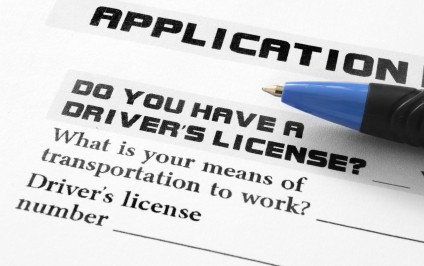
- What Do I Do If I Am In An Auto Accident?
- Types of Automobile Accident
- Auto Pedestrian Injuries
- Defective Street Cases
- Favored and Inferior Roads
- Intersectional Collision Cases
- Lane Change and Side Swipe
- Left Turning Motorist
- Rear End Collisions
- Unlicensed Operators
- Automobile Insurance
- Hiring An Attorney For Your Auto Claim
- Making A Claim Against An Insurance Company
- Litigation and Trial Of An Auto Case
- Settlement of an Auto Accident Case
- Automobile Accident Facts and Statistics
Unlicensed Operators
Generally, the owner of a vehicle is not liable for damages which occur when another person is operating the vehicle. However, numerous exceptions to this rule exist where (i) the driver is on a mission for the owner of the vehicle; (ii) when the driver is an agent or employee of the owner; and (iii) when the owner himself is negligent in entrusting the vehicle to an incompetent driver.
Under the negligent entrustment theory, the lender of a vehicle is not responsible for the negligence of the borrower unless he knew or should have known that the borrower was physically or mentally incompetent to drive. For instance, when an owner of an automobile knowingly entrusts the vehicle to an intoxicated, otherwise incompetent driver, the owner is responsible for the harm resulting from the incompetent operation of the vehicle.
Some courts have determined that a reasonably prudent person has the clear duty to recognize the manifest danger of making a long-term, open-ended loan of a vehicle to someone they know or should know is an habitual abuser of alcohol and is prone to drive the vehicle while under the influence of alcohol. A prudent person should recognize that under these circumstances it is highly likely that serious injuries or death will reasonably result.
Statutory law provides that unlicensed drivers are prohibited from driving and that drivers are prohibited from allowing unlicensed drivers to drive. The intent of this type of statute is to protect the public and the unlicensed driver by preventing inexperienced drivers from operating vehicles on public roads.
However, in most states, the violation of a criminal safety statute does not usually, in and of itself, create civil liability. Most states require that to constitute actionable negligence, the violation must be encompassed within the scope of the risks that the statute was designed to protect against. The violation must also be a cause of the accident. Thus, if a driver is competent and experienced, although unlicensed, then the risk of allowing him to drive may be outside the scope of the risks contemplated by the criminal safety statute which requires a driver’s license.
Violation of a criminal safety statute may provide a presumption of negligence in some cases which will require the offending driver to prove that the violation was not the cause of the accident.





